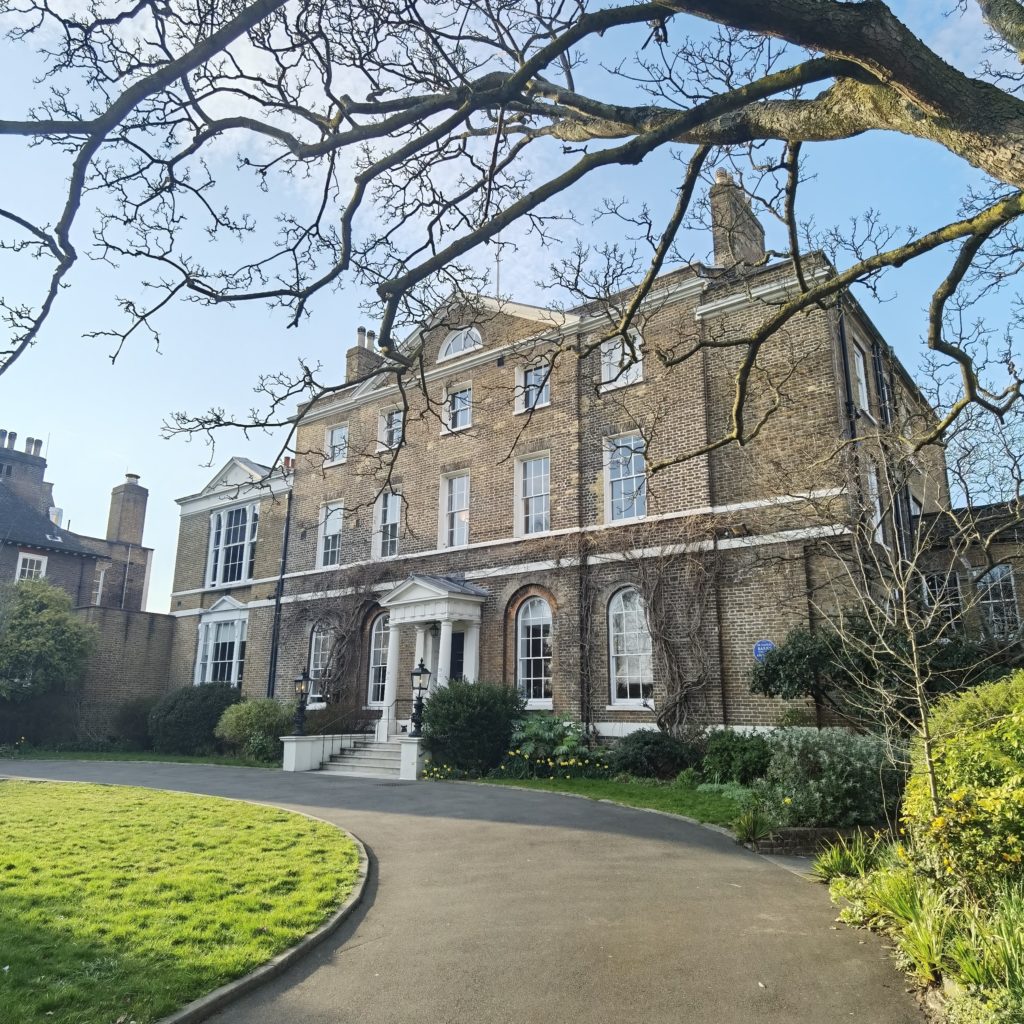Georgian College is one of Canada’s most prestigious Colleges of Applied Arts and Technology, providing students with a diverse number of practical and capabilities degrees in a variety of fields. From apprenticeship programs through college credentials, to undergraduate, and postgraduate certifications, the institution provides a wide range of programs and specializations. Georgian College was founded in 1967 and has been offering improved experiential learning for nearly 50 years. It presently has about 13,000 complete learners, along with a strong community of 4,500 foreign students from over 85 countries. Let’s check why is Georgian College the best?

WHY YOU SHOULD CHOOSE THIS COLLEGE
The University is a leader in the undergraduate experience and a changemaker. It also has one of the greatest percentages of career advancement among Ontario Colleges. Georgian College is Ontario’s No. 1 co-op college, with over 780 proclamations. 6,200 employers have partnered with Georgian College to provide a professional experience to students, and 3,600 foreign students are enrolled. Within six months following graduation, 89.7% of graduates find work. The greatest percentage of students engaged in paid co-op work refers to internships and field internships in the province. Most programs at the College provide official work-integrated opportunities, ranging from paid co-op semesters to fellowships and field assignments.
ELIGIBILITY CRITERIA
Georgian College is also a very competitive university with extremely high enrollment and three admission points for most programs each year. Students must be 19 years old and have a Grade 12 degree or comparable to be eligible for most programs. Specifications, such as an essay or a presentation, may be required for some programs. There are a variety of options for enrollment, and each application is reviewed individually. International candidates must demonstrate their ability to communicate in English. On the college’s English Language Proficiency Requirements page, there are various recognized qualifications. Students and faculty are recommended to familiarise themselves with any crucial deadlines before completing their submissions.
FEE STRUCTURE
Tuition fees at Georgian College are a contribution to the faculty’s operational and capital expenditures, as well as basic expenses. Ancillary costs, medical coverage, a college ID card, extracurricular charges, education technology, and founder fees are all examples of expenses that can be added to tuition costs (per year). Foreign students pay different fees than local students. Tuition expenses for overseas students at Georgian College at multiple levels of study are as follows: $17,170 to $18,170 certification, $16,990 to $29,200 for a degree, $17,900 to $19,280 for a master’s degree, $20,360 to $20,450 for a bachelor’s degree
PROGRAMS OFFERED
In subjects like management, technology research, art, creative arts, and more, Georgian College offers a range of programs, graduate certifications, and vocational programs. Students from all around the world can take Georgian College online courses in a variety of subjects. Overseas students who are unable to attend classes on campus can take advantage of the online programs. Postgraduate Credentials, Vocational training, English Language Studies, Online courses, Business Training, Georgian College International Students Programs, and Academic and Career Programs are among the degrees offered by the college.
EDUCATION SYSTEM
Nursery (ages 2–5), primary school (grades 1-4), junior school (grades 5–9), and senior high school (grades 10–11) are the four divisions of education funding in Georgia. The nursery system, on the other hand, has mostly failed and is becoming privatized. Attendance has become a status symbol, with barely 20% of entitled pupils attending including a World Bank assessment. There are intentions to add a grade 12, but budgetary restrictions have stymied efforts thus far. The school year legally runs from September to June, however, due to various vacations and breaks throughout the year, the total number of public school days is nearly 150.
PROMOTIONS, CERTIFICATION, AND EXAMS
Students advance to another grade depending on the suggestions of their instructors. The choice is based on the writing process and involvement throughout the course of the year. Students are assessed on a level of one to five, with five becoming the best, rather than receiving a passing grade. Learners seldom fail or have to retake a class.
ADMISSION TESTS
Every student in Georgia who completes high school is required to take the admissions test, which consists of both an oral and writing component, on the same day and at about the same time. Panel members, including the student’s teacher, evaluate the tests. The method is open to malfeasance because the results are eventually recorded and turned in by the particular student’s instructor.
FACILITIES
Each of Georgian College’s seven campuses has a range of contemporary employee and organizational study rooms, as well as computer labs and properly staffed bookstores with open access to books, periodicals, and digital materials. The institution boasts outstanding athletic facilities, featuring health clubs at each campus and a variety of team sports such as volleyball, badminton, football, basketball, golf, and soccer. On-campus housing is available at College’s Barrie, Orillia, and Owen Sound facilities. The Institution’s authorized identity card, the ONEcard, also functions as a catalog, photocopier card, fitness center pass, travel card, and card swiper for food and beverage merchants.
SCHOLARSHIPS OFFERED
Foreign candidates can apply for scholarship opportunities through Georgian College’s Financial Aid and Scholarships office. Each year, the institution provides over 650 scholarships and endowments to new and experienced students, totaling more than CAD 750,000 in awards and CAD 3 million in bursaries. Scholarships are usually worth roughly CAD 1,000, and applicants are chosen or granted emphasis on educational achievement, community commitment, and social activities.
CONCLUSION
Our learner-centered culture at University equips us to explore, manage, educate, and contribute. Partnership, higher education, research and innovation, honesty, accessibility and inclusivity, and ecology are all values we hold dear. Through intellectual curiosity, cultural exchange, student experience, and civic engagement, we foster talent and wealth creation to make life better across diverse locations. The worldwide influence of our students, instructors, employees, and graduates is how we assess our performance. The University’s involvement with learners, professors, staff, and regions is shaped by shared leadership, cooperation, and respectful behavior.
